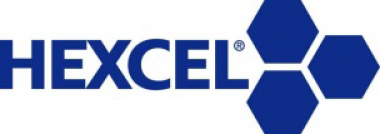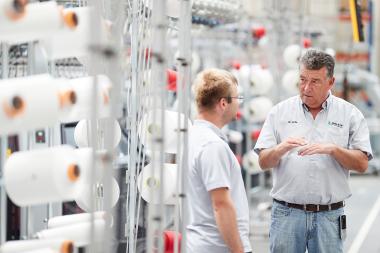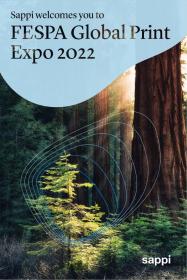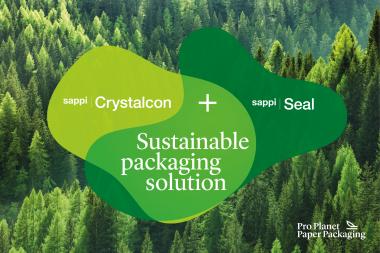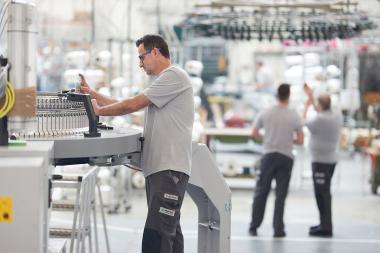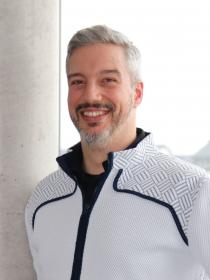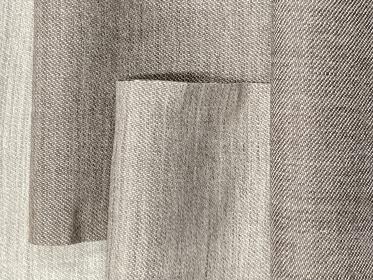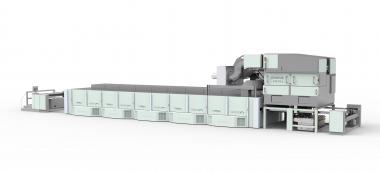Hexcel at JEC World 2022
- Hexcel Composite Innovations for Aerospace Applications on Display at JEC World 2022: Hall 5, Stand J41
In late 2021, Hexcel announced an agreement with Fairmat, a deep technology startup, to build the capability to recycle carbon fiber prepreg from Hexcel European operations for reuse in composite panels sold into commercial markets, giving a second life to recovered carbon fiber. To do so, Fairmat has developed a virtuous recycling process, and a sample of its newly recycled material will be available to view at JEC World 2022. Hexcel will present an array of product innovations for aerospace and urban air mobility customer applications during JEC World 2022 in Paris on May3-5. These latest innovations demonstrate the company’s leadership in developing advanced composites technology for the aerospace market.
- Sustainability Focus on Recycling and Reuse
- HiTape® and HiMax® Reinforcements for OoA Processing
- Innovative HiFlow™ Resins for Continuous and Shorter Cycle Injection Processes
- HexPly® Prepregs for Primary Structure and Engine Applications
- HexTow® High Modulus Fibers HM63 and HM54
- Thermoplastics and Processing Innovations for Primary and Secondary Structures
- Lightweight PrimeTex® Reinforcements Solutions for Urban Air Mobility (UAM)
Hexcel


